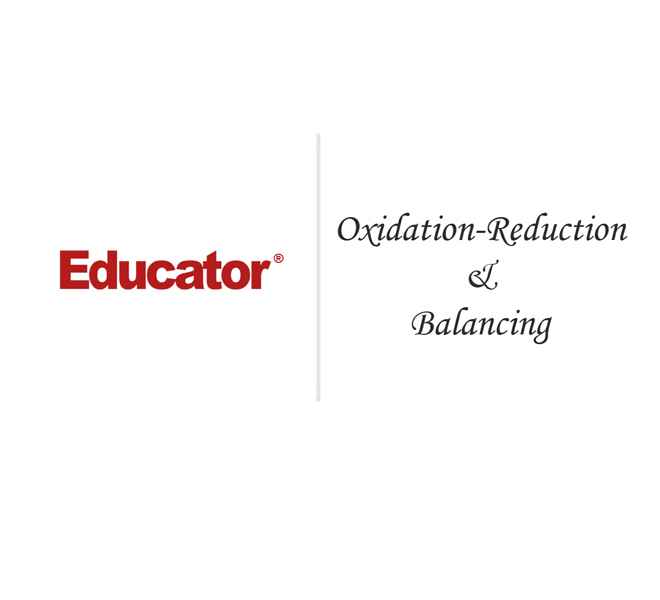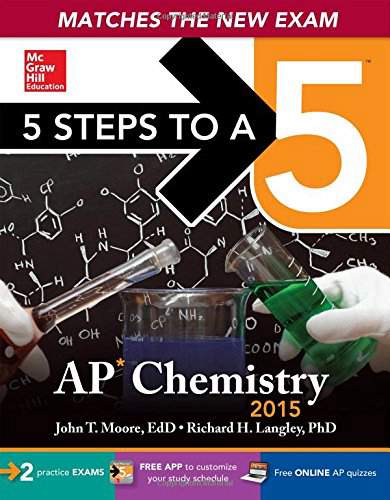Connecting...

For more information, please see full course syllabus of AP Chemistry
AP Chemistry Oxidation-Reduction & Balancing
Balancing oxidation-reduction reactions is at the core of electrochemistry and requires understanding the complex changes elements and compounds undergo when they are reduced or oxidized (electrons are added or removed) to produce an electric current. Oxidation states keep track of how many electrons each atom has. Pure elements have an oxidation state of 0, and ions have an oxidation state equal to their charge. Hydrogen has an oxidation state of +1 when bonded to a nonmetal and -1 when bonded to a metal. Oxygen always has an oxidation state of -2. A reaction is considered a redox reaction if the oxidation states change from reactants to products; the best way to solve them is by identifying the half-reactions, balancing them, equalizing the overall reaction, and canceling identical species.
Share this knowledge with your friends!
Copy & Paste this embed code into your website’s HTML
Please ensure that your website editor is in text mode when you paste the code.(In Wordpress, the mode button is on the top right corner.)
- - Allow users to view the embedded video in full-size.










































 Answer Engine
Answer Engine




2 answers
Sun Jan 5, 2020 6:16 AM
Post by Owen Qu on January 2, 2020
What happens under basic conditions? Or does the reaction abide by the same rules?
1 answer
Tue Dec 2, 2014 2:43 AM
Post by Long Tran on November 30, 2014
hello Professor
on the example 2 i understand that Oxidation state that Fe2+ to Fe3+. My question is what substance is oxidized? is it Fe2+ or Fe3+
Thank you for lecture
1 answer
Mon May 13, 2013 5:18 PM
Post by Nawaphan Jedjomnongkit on May 13, 2013
Thank you for the lecture but I just don't understand why Fe will be the one that want to lose e- not Mn, i.e. why the reaction will not happen in the opposite direction , while in the table Fe is on the right of Mn that mean it's EN will be more than Mn from the periodic trend.
1 answer
Thu May 9, 2013 3:21 AM
Post by Fiona McLagan on May 8, 2013
Thank you, Dr Hovasapian, for all you do.
1 answer
Wed Aug 22, 2012 8:05 PM
Post by Etienne Carrier on August 22, 2012
I can't thank you enough about these lessons. I'm doing one physics and two chemistry subjects at university this semester, and I would be completely lost without this site and all of you awesome teachers. Thanks a million!
0 answers
Post by Linnea Huson on May 21, 2012
I am so grateful for these videos! They are clear and concise. I especially like how the teacher goes step by step through a process. If I didn't have this video I wouldn't be making it through my current chemistry class. Thanks again.